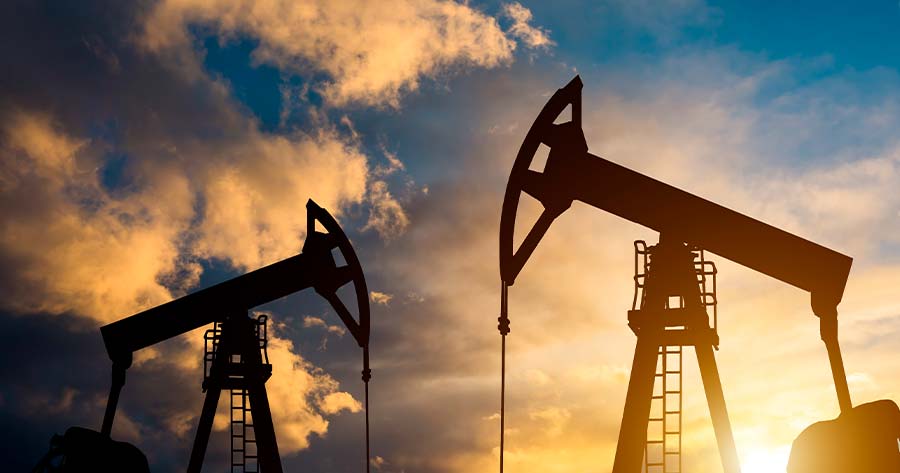Oil prices rose in early Asia trade on Monday, buoyed by Middle Eastern tensions following a drone attack in Iran and on signs that China’s reemergence from Covid Zero was boosting demand. One of China’s biggest refiners reported a jump in gasoline sales during the week-long Lunar New Year break.
Brent crude futures rose 54 cents, or 0.6%, to $87.20 a barrel by 08.15 A.M. (Thai time), while U.S. West Texas Intermediate crude was at $80.22 a barrel, up 54 cents, or 0.7%.
Energy demand in China, the world’s largest oil importer, is rising as a result of the reopening, with domestic tourism up to almost 90% of pre-pandemic levels during the Lunar New Year break. According to state-owned Sinopec, gasoline sales in China increased 20% over the week-long holiday compared to the same period last year.
A U.S. official stated on Sunday that it appears Israel was responsible for a drone strike on an Iranian military facility that took place overnight.
Senior portfolio manager at 8VantEdge in Singapore, Stefano Grasso, said, “It is not really clear yet what is happening in Iran, but any escalation there has the potential to disrupt crude flow.”
There is little chance that the Organization of the Petroleum Exporting Countries (OPEC) and its allies, led by Russia and referred to as OPEC+, will change its present oil supply policy at its virtual meeting on February 1.
In addition, crude traders are keeping an eye out for the effects of the European Union’s anticipated restriction on the maritime importation of oil products from Russia. The measures, including price caps similar to the one imposed on the country’s oil during the nearly year-long war between Moscow and Kiev, will go into effect in approximately a week.




